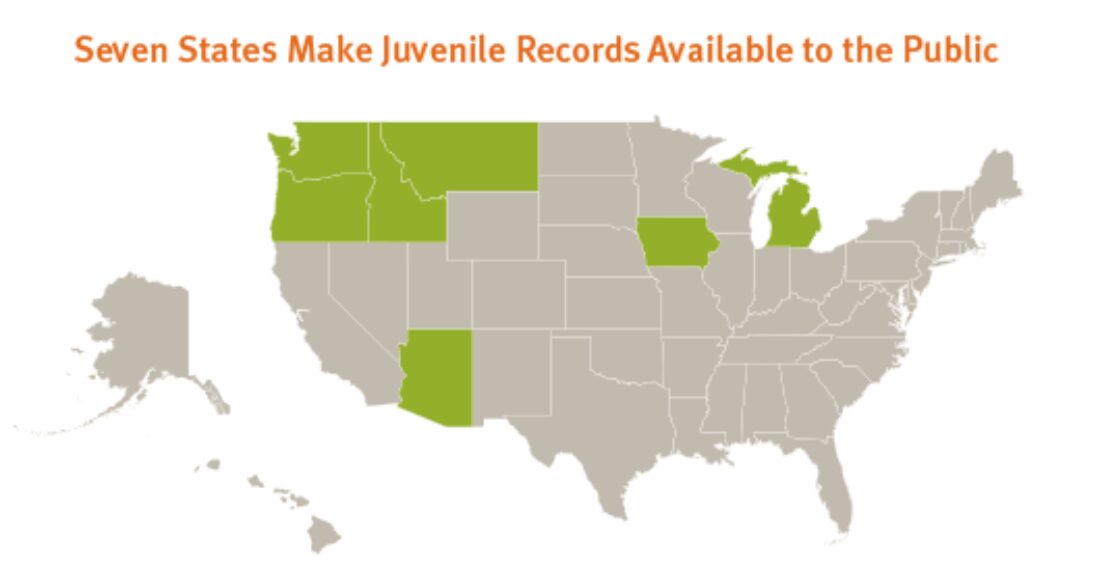Report Recommends Legislative Solutions to Increase Juvenile Record Confidentiality

Young people have a great capacity for change. Their juvenile records tell the story of something they once did, not the story of who they are. Yet too often juvenile records stand in the way of youth reaching their full potential, according to a new report by the Juvenile Law Center.
The JLC’s policy paper argues that children have the right to grow up without records of their court involvement creating barriers to their future success. Future Interrupted: The Collateral Damage Caused by Proliferation of Juvenile Records shares real-life examples of the detrimental effects of juvenile records and how these records are shared publicly. Background checks too often disclose inaccurate or confidential information. Juvenile record information has little relevance in a job application or interview. Employers must focus their inquiries away from mistakes a kid made in the past and toward the youth’s strengths and potential.
Ninety-five percent of youth with records have been arrested for minor offenses, and the vast majority of youth do not reoffend. In fact, research shows that individuals with consistent employment are unlikely to reoffend.
The stakes are even higher for youth who have not yet had a chance to land their first job or start a career. Juvenile records can potentially disqualify youth from job opportunities and prevent youth from developing favorable work histories. Also, records can impede future military service and access to public housing, driving privileges and education.
“The goal of the juvenile justice system is to rehabilitate kids and give them a second chance,” said Nate Balis, director of Casey’s Juvenile Justice Strategy Group. “For system-involved kids to thrive as adults, they need education, good jobs and strong connections to family and community. We should do everything we can to remove barriers to achieving that, and juvenile records are a perfect example of barriers that serve nobody’s interest.”
The report, which was funded by the Foundation, looks at how juvenile records are treated across the country. While states are beginning to roll back some policies in favor of a more nuanced approach to juvenile records, public accessibility remains widespread, with access typically turning on the age of the juvenile, the nature of the offense or the number of offenses. Thirty-three states and the District of Columbia make certain types of juvenile record information publicly available. Research shows that making juvenile records available to the public does not make communities safer.
The report concludes that children should not be stymied by their records in their efforts to obtain education and employment or to become valuable contributing adults. It ends on this note: “Legislative reform is one path to this goal. But we must also change the cultural climate. Children must be held accountable for their delinquent conduct, but they must not be defined by that conduct. Second chances mean nothing if the chance is illusory.”
Read the report and learn more about how juvenile records are treated across the country






